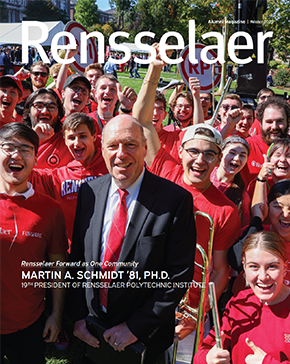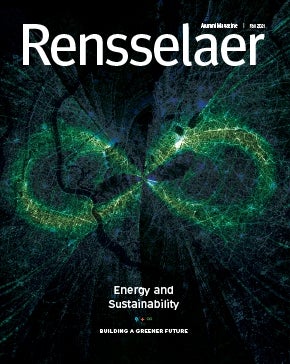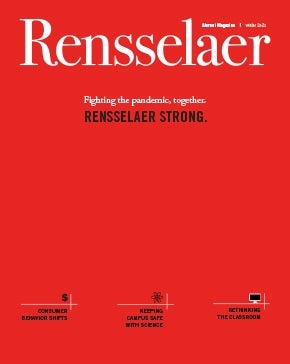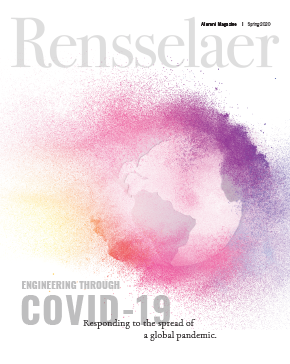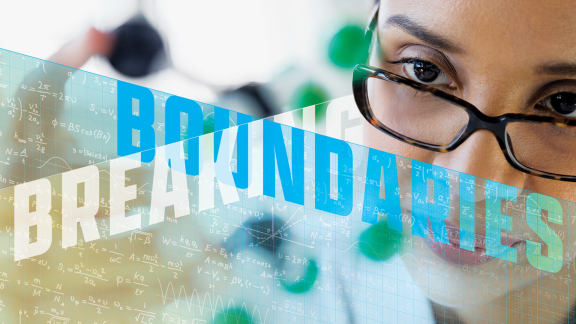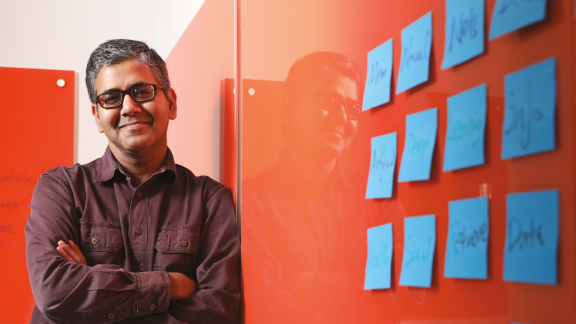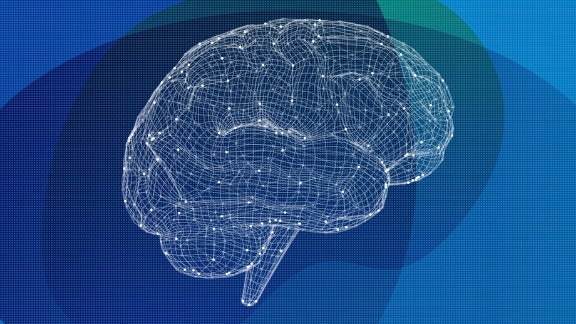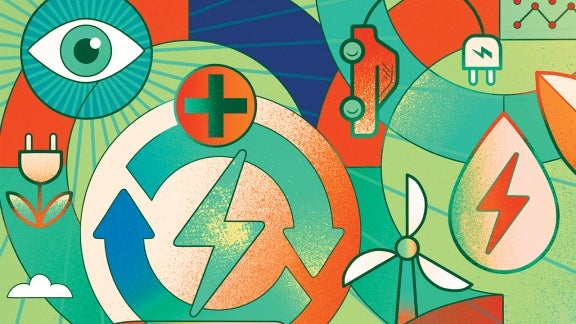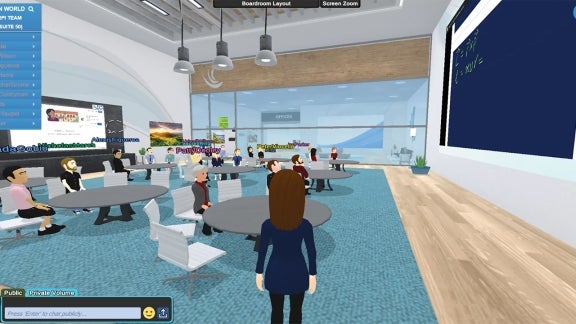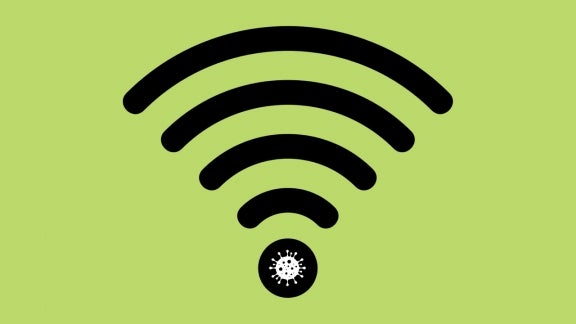
One Last Thing
Managing Stress During Uncertain Times
The unrelenting COVID-19 pandemic has introduced new levels of stress.
Stress is our constant companion. We are all well-acquainted with everyday stressors, such as looming deadlines and an inexhaustible email inbox. Stress was with our entire community each step of the way as we navigated the major changes of 2020, including the COVID-19 pandemic.
Stress is a coordinated whole body and brain response to perceived stressors — those challenges, or demands, on our balance. Major challenges we are facing relating to the pandemic include worries about the health and safety of ourselves and our community and many other uncertainties. Uncertainty begets stress. In times of uncertainty, our already tenuous ability to predict our future and see past our current condition is further frayed.
Dealing with the upheaval the pandemic has caused initially produces a very similar stress response to looming deadlines. It begins via brain signals that coordinate three broad and interacting components: hormonal, physiological, and psychological. A deep brain structure, the hypothalamus, initiates the hormonal response, which includes the release of epinephrine, norepinephrine, and cortisol from the adrenal glands. Epinephrine and norepinephrine alter physiology by increasing activity in the sympathetic branch of the autonomic nervous system, producing noticeable effects, such as the heart beating faster.
Stress hormones and hormones produced in the brain are a mechanism to integrate our mental experiences of the world to our body. We focus on certain sensory-based stimuli, especially those deemed interesting and important; that information influences our decisions, thoughts, emotions, and memories. In the short term, these changes in the body and brain are adaptive, rapidly providing input that there is a disruption in balance and assisting us in dealing with such challenges until there is a rebalancing of the situation. However, what we are experiencing with COVID-19 is different.

The pandemic is an example of a situation of chronic or unrelenting stress, which is associated with emotional and cognitive disturbances, and negative health consequences on the immune, cardiovascular, metabolic, and nervous systems. In addition to investigating the role of stress relevant for cognition and brain health, my laboratory has updated our typical, in-person approaches to using remote techniques and focusing on some of the psychological effects of COVID-19-related stress, namely the impacts on cognition, emotions, boredom, loneliness, and sleep.
We can take some of what we are learning about dealing with COVID-19 and apply this to our understanding of stress. Even when the COVID-19 situation subsides, and we are in what is called our “new normal,” we will have other stressors to deal with.
We cannot entirely avoid COVID-19 stress, as that may bring about fatigue and apathy; this non-action can lead to additional stress of the weakening of our advances in dealing with the pandemic. So instead of avoidance, dealing effectively with, and building resilience to, stress involves action. These actions can include doing whatever you can to minimize the stress you experience or at least abate its negative consequences, especially by cultivating social support. Although we are socially distanced, we at Rensselaer have found strength as a community for dealing with the immediate stress of the pandemic.
In the School of Humanities, Arts, and Social Sciences (HASS), we spearheaded initiatives to understand stress and foster well-being in the classroom and broader Rensselaer community, even before our current crisis. My HASS Inquiry courses focus on well-being and empathy. Funding from the Teaching and Learning Collaboratory provided support to incorporate technologies into the classroom for students to build their “well-being toolboxes.” HASS offers courses for academic and personal growth, including inclusive and trauma-informed pedagogical practices augmented for our current situation. Collaborative research and outreach about fostering well-being to our community is ongoing through the Center for Deep Listening.

That we as a Rensselaer community are taking action — not only continuing to pursue our research and pedagogical aims, but working to improve and expand these in our changing climate by integrating technologies and expertise — speaks to our resiliency in these difficult times.
